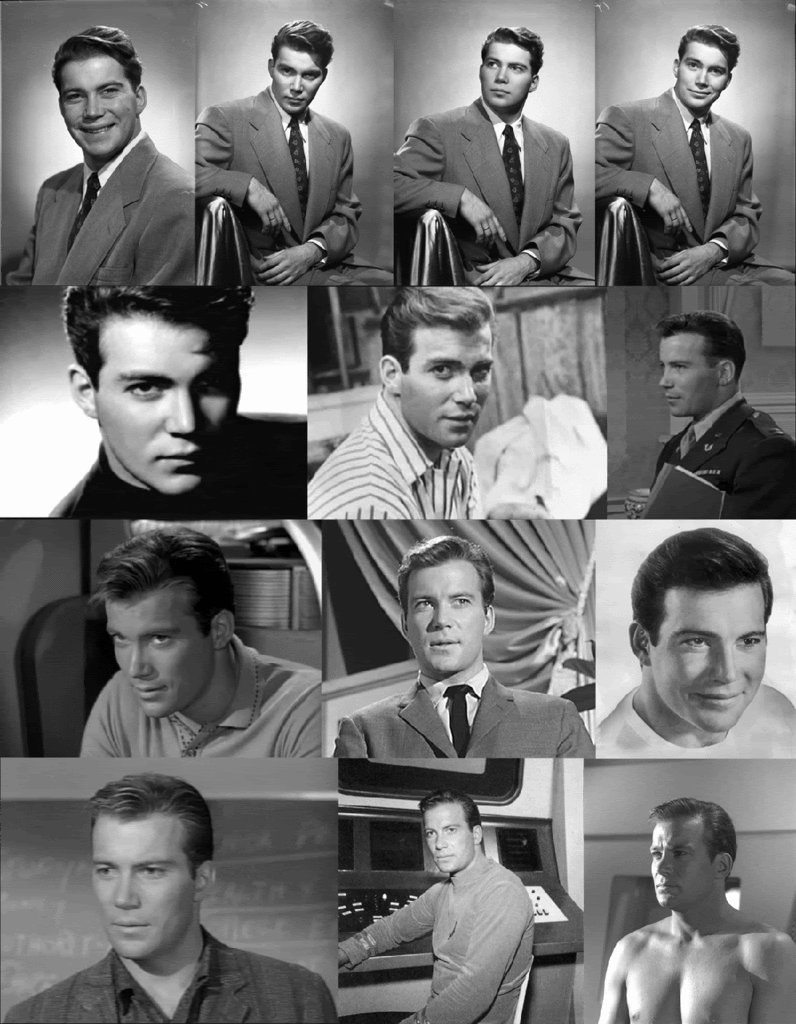So why was Hunter replaced by William Shatner as Enterprise captain after the first pilot? The official reason given at the time is that Hunter decided not to do the series, but wished to work on feature films rather than TV, as he had done most of his career. This version is still supported by some, including Bob Justman and Herb Solow in their Inside Star Trek (1996). They state that his wife Dusty Bartlett gave them the verdict: "This is not the kind of show Jeff wants to do, and besides, it wouldn't be good for his career. Jeff Hunter is a movie star." (page 63) At the time, Justman was First Assistant Director of the show (later co-producer), and Solow was Executive in Charge of Production for Desilu, where Trek was being made. This version is also supported in the book Star Trek Creator: The Authorized Biography of Gene Roddenberry (1994) by David Alexander, which includes the letter Roddenberry wrote to Hunter in which he states "I am told you have decided not to go ahead with Star Trek. This has to be your own decision, of course, and I must respect it." Roddenberry then asks Hunter if he would come back for "one day or two of shooting an additional action opening which can result in a fast, tightly cut, exciting film release." (page 225) Inside Star Trek states that Hunter refused to do this. (page 251) In Films and Filming magazine of April 1962, Hunter stated his attitude toward working in TV when he said, "I haven't done too much TV, for two reasons. First, the nine years I was under contract my availability to television was controlled by the studio. Secondly, there is not much superior material to be found on TV. The man hours and the talent needed to turn this material out is far exceeded by the total number of hours that must be programmed to fill time." So he was probably ambivalent about working on Trek in the first place.
Yet strangely, other "insiders" insist that Hunter did not return for another reason. Leonard Nimoy says in his I Am Spock (1995): "Jeff Hunter was let go when his wife began to represent him and made what Gene (Roddenberry) considered excessive demands." (page 32) William Shatner amplifies this in his Star Trek Memories (1993) by saying that Hunter's wife "began to frequently storm into Gene's office, loudly making demands" about how Jeff was to be treated. Shatner continues, "Gene later told me that he'd much rather be dealing with Jeff and his agent, or even Jeff and a gorilla, than Jeff and his wife. He continued that there were so many tantrums, restrictions, and ultimatums being laid out on the table that he finally thought, 'Well, I can't possibly do an entire series like this. They'll drive me nuts.'" (page 70)




